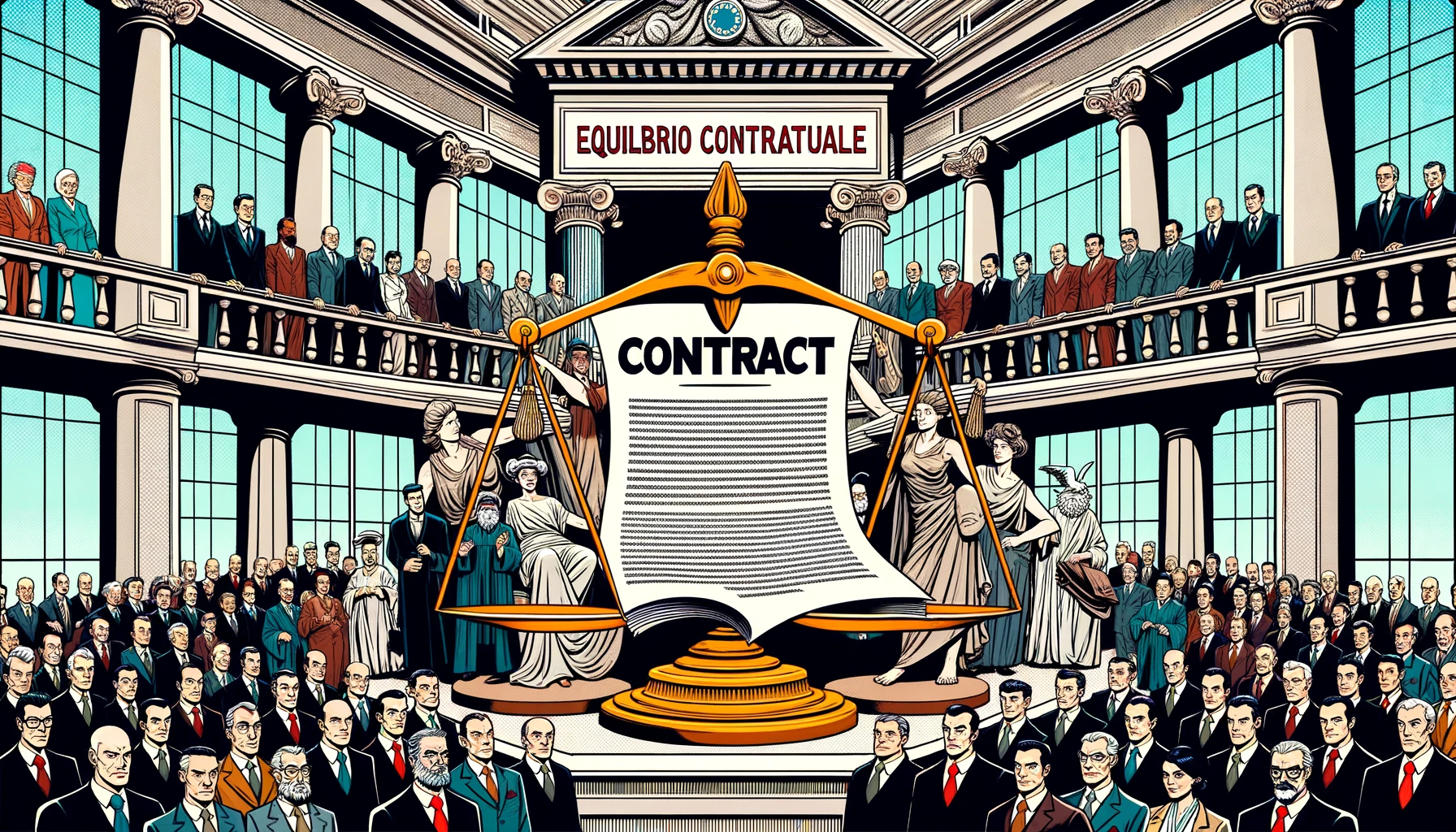
The ‘space’ of public administration. Old territories and new borders. An introduction
Fiorenzo Liguori | 13 February 2024 | Issue 1/2024
The paper deals with the mobile boundaries between private autonomy, law, administration and jurisdiction and briefly examines the phenomena of administration by law, simplification and replacement of administration by the administrative judge. Using a lay approach, the paper seeks to find the conceptual coordinates that, without treating the separation of powers as an intangible dogma, can be used to quantify and evaluate the extent to which other authorities have encroached upon the ‘naturally’ assigned domain of public administration.
Read More
The principle of preservation of contractual balance
Fiorenzo Liguori, Pasquale La Selva | 11 September 2023 | Issue 3/2023
This study delves into the concept of maintaining a balanced relationship in long-term contracts between public and private law, specifically in the context of procurement and concession contracts. The main objective of the paper is to explore the challenges related to unforeseen circumstances and contract renegotiation, while analyzing the clauses for price revision and contractual amendments outlined in legislative decree n. 36/2023.
Read More
On the need for administrative simplification for the “Special Economic Zones”
Fiorenzo Liguori | 2 September 2022 | Issue 3/2022
Public administration has long been regarded as an obstacle to economic development because of high degrees of complexity, formalism and inefficiency. On the assumption that one can do without an inefficient administration, we are witnessing an expansion of administration by law. To cope with this phenomenon, there have been several reforms aimed at the so called “de-bureaucratisation”. Administrative simplification, however, cannot be conceived as a simple reduction of complexity, which in fact reflects that of the reality administered. The regulation of Special Economic Zones offers an interesting opportunity to reflect on the different types of administrative simplification that can be envisaged. On the one hand, it allows one to isolate some mutations suffered by traditional institutions, such as the conference of services. On the other hand, it allows one to define the tension between the decision-making and the "cognitive" instance, as it is precisely the latter that makes it possible to highlight the need for a recovery of the administrative technical capacity, which could help identify fruitful paths of administrative reform. Simplification alone is not a sufficient solution to solve the crisis in public administration. The National Recovery and Resilience Plan seems to be starting from this consideration, promoting the selection of the best skills and qualifications, through a review of the public competition’s procedures and the promotion of merit in the context of Public Administration.
Read More